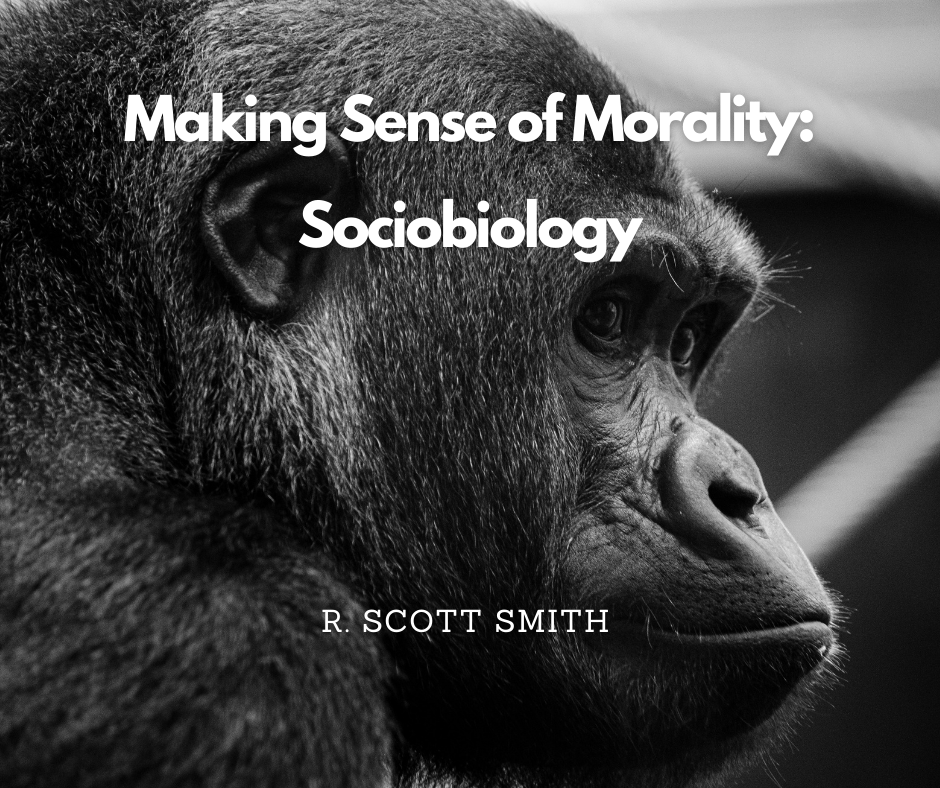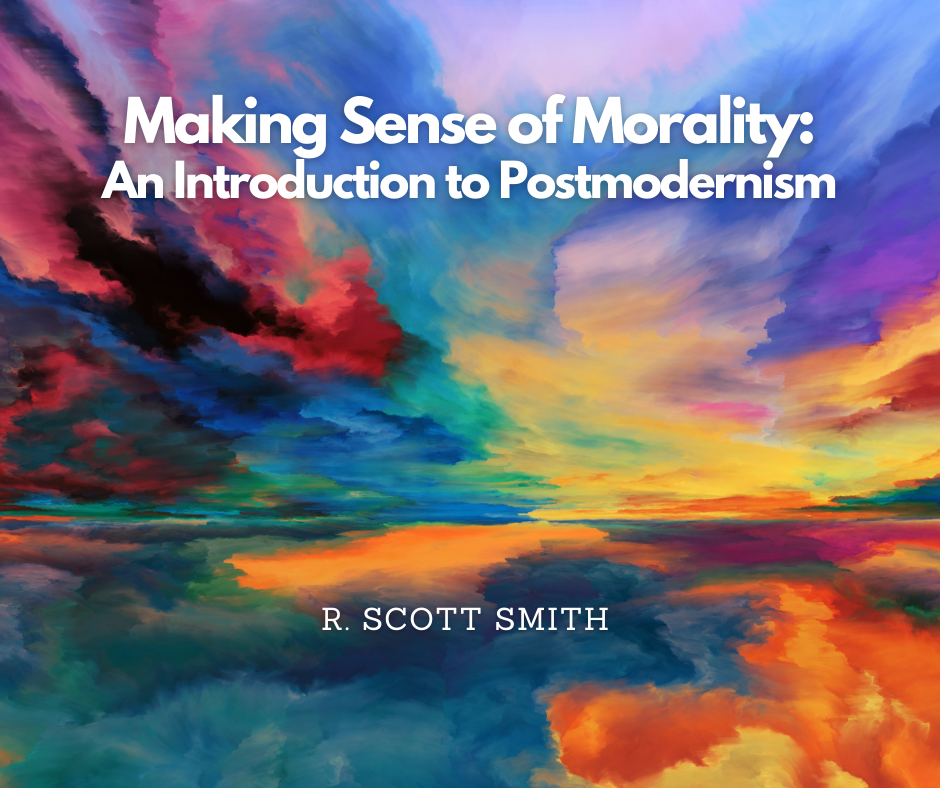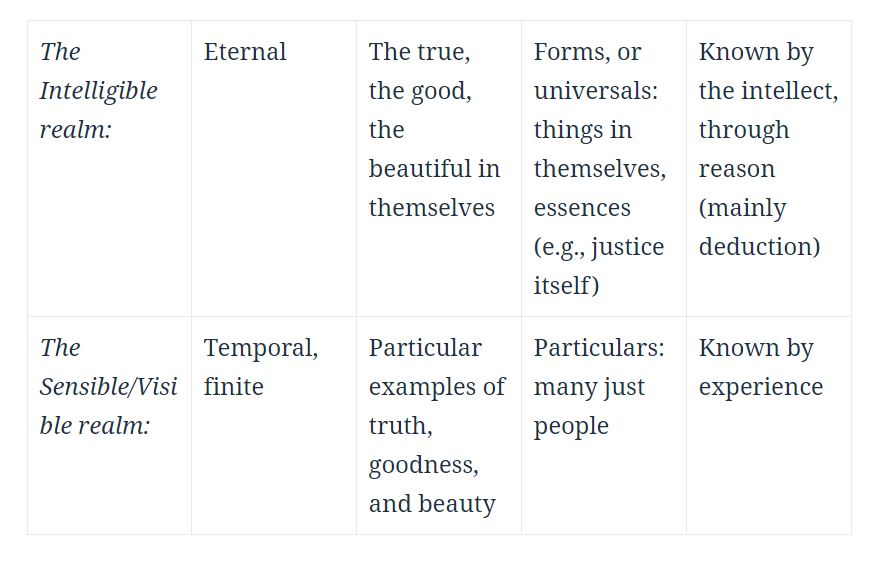Making Sense of Morality: Sociobiology
/Editor’s note: R. Scott Smith has graciously allowed us to republish his series, “Making Sense of Morality.” You can find the original post here.
Ruse and Evolutionary Ethics
Michael Ruse (b. 1940) is another cognitivist in that moral sentences can be true or false. Yet, he is not an objectivist. If he were, then moral statements would be about facts concerning moral acts or objects thought to have moral value. Yet, there are no intrinsically moral properties, or any that transcend our biology. Instead, he too is a subjectivist. Moral discourse ends up being a way of describing the biological. Ruse also grounds ethics in naturalistic evolution and science.
Ruse’s Sociobiology
Ruse rejects as a myth the older paradigm that evolution is essentially progressive and that it generates value, for humans are its successful endpoint. Instead, he embraces sociobiology, in which morality is part of biology. Social norms develop by their evolutionary emergence.
On this view, moral behavior simply is a biological adaptation. Cooperation with others is a good survival strategy, which he claims is virtually the norm in the animal kingdom. Since we cooperate, we are successful in surviving and reproducing. Moreover, “social success” leads to the evolution of more efficient means of cooperation.
Following Richard Dawkins’s idea of the “selfish” gene, Ruse believes that what appear to be “altruistic” acts relate back to an individual’s self-interest. That is, such acts occur because ultimately they benefit the performer’s biological ends. But, since we have a self-centered nature, and we have adapted via sociality, we need a mechanism to break through that self-centeredness. Morality is that mechanism, which has been selected for cooperative behavior.
So, Ruse thinks he can derive the moral ought from what biologically is the case and thereby avoid the issue posed by the “naturalistic fallacy”: i.e., how do we get what is morally normative from what is biologically descriptive? Moreover, he is consistent as a naturalist, denying that there are any intrinsic morals. While morality seems objective to us, it does not exist objectively (i.e., independently of us), for it is an illusion of our genes.
While this position might make Ruse’s ethics seem vulnerable to charges of relativism, he flatly rejects that charge. Instead, he strongly rejects as immoral many clear cases of wrongdoing, such as rape, Hitler’s savagery, female circumcision, and more.
Assessment
Clearly, Ruse’s ethics is an important attempt to account for ethics in a naturalistic, evolutionary framework. Surely he is right that cooperation is a good strategy for survival, and that humans seem to have a self-centered nature. He also rightly addresses the need to preserve the oughtness of morality, that it not be reduced merely to what is the case.
Now, Ruse admits that “altruistic” and “selfish” are metaphorical ways of describing behaviors. They are not the case in reality, for morality simply is an illusion. Indeed, all moral discourse would seem to be a metaphorical way of talking about biological behavior.
In that case, Ruse’s claim that his view can preserve the normativity of morality (especially of core morals like murder and rape are wrong) seems to do nothing of the sort. As he has admitted, there are no intrinsic moral properties, even to biology. But, generally, how we talk about something does not confer new properties upon it. Clearly, Ruse is not suggesting that our moral speech adds moral properties to biology. In that case, we can talk in whatever ways we want about morality, even that murder is right, but it will do nothing to change the biological facts of the matter, that there are no moral properties in our biology.
Furthermore, due to how natural selection happened to work, it is conceivable that we could have evolved differently, such that murder or rape would not be wrong, but perhaps even right and obligatory. After all, since morality’s “objectivity” is just an illusion of our genes, then murder’s or rape’s being wrong, or justice’s and love’s being good, could have turned out otherwise, or not ever have evolved. But that seems deeply mistaken.
For Further Reading
Michael Ruse, “Evolution and Ethics: The Sociobiological Approach,” in Ethical Theory: Classic and Contemporary Readings, ed. Louis Pojman, 4th ed.
R. Scott Smith, In Search of Moral Knowledge, ch. 5
R. Scott Smith is a Christian philosopher and apologist, with special interests in ethics, knowledge, and seeing the body of Christ live in the fullness of the Spirit and truth.
































































